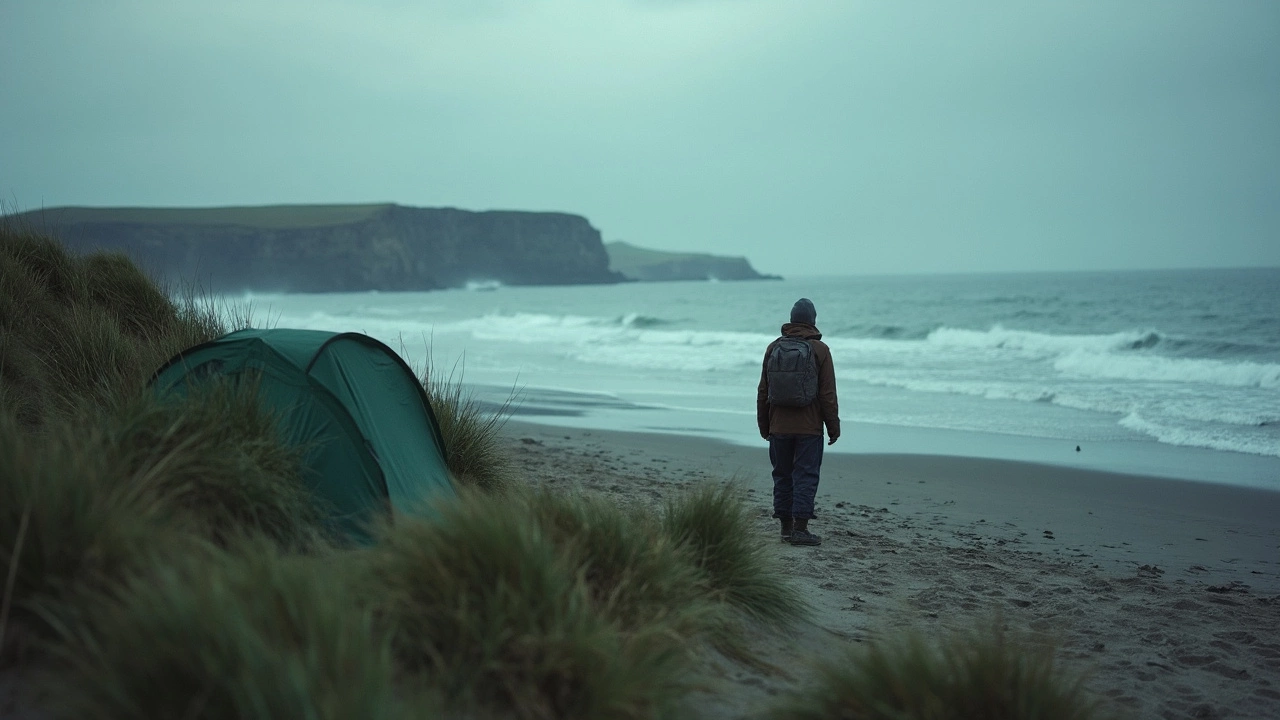England Camping Laws – Your Quick Guide
If you’re planning to pitch a tent or park a motorhome in England, knowing the rules saves you from fines and drama. The law isn’t a maze, but it does vary between public land, private property, and designated campsites. Below you’ll find the most useful points to keep your trip smooth and legal.
Where Can You Camp Legally?
England does not have a blanket right to wild camp like Scotland. Most of the country’s countryside is privately owned, so you need permission from the landowner. That means:
- National Parks and Areas of Outstanding Natural Beauty (AONB): You can stay for a night in a spot that’s clearly not a designated campsite, but you must leave no trace and move on the next day.
- Forestry Commission land: Some forests let you camp for up to two nights if you ask the ranger. Check the sign‑post at the car park.
- Byelaws on beaches and coastal sites: Many local councils have rules that ban overnight stays on beaches. Look for signs or visit the council website before you set up.
- Private land: Always ask. A quick knock on the door or a phone call can give you a written nod and keep you out of trouble.
Designated campsites are the easiest option. They have facilities, clear fees, and you’re automatically covered by the site’s rules.
Fines, Byelaws, and How to Stay Clear of Trouble
Getting caught camping where you shouldn’t can lead to a fixed‑penalty notice (usually £100‑£300) or a court summons. The most common offences are:
- Camping on a beach without permission: Many councils treat this as littering and trespassing.
- Setting up a tent in a protected wildlife area: Byelaws protect nesting birds and rare plants; breaking them can bring a hefty fine.
- Leaving waste behind: Dumping rubbish or human waste is an environmental offence and can add extra charges.
How to avoid fines:
- Check local byelaws online before you travel. Search "[town] camping byelaws" for quick answers.
- Use the “Leave No Trace” principle: pack out everything you bring in, dig a small cat hole for toilet use, and stay on established paths.
- If you’re unsure, move to the nearest official campsite. Even a short drive can save you a fine.
Remember, many councils are willing to work with campers who show respect for the land. A friendly attitude goes a long way.
For motorhome users, the same rules apply, but you also need to consider parking restrictions. Some towns have resident‑only parking zones, and driving‑through traffic‑restricted areas can result in a parking ticket. Look for signs that say “No overnight parking” and obey them.
Finally, keep a copy of any permission you receive—whether it’s an email from a landowner or a signed note from a ranger. If a warden asks, you’ll have proof you’re allowed to stay.
Camping in England can be fantastic when you respect the rules. Use this guide as a checklist, plan ahead, and enjoy the beautiful countryside without a worry.
Wild Camping on England’s Beaches: What You Need to Know
Curious whether you can pitch a tent and wild camp on English beaches? This article digs into the real rules, the risk of being moved on by authorities, and where people actually manage to pull it off. You’ll also find practical tips on blending in, dealing with tides, and not angering the locals. Get the facts before your next seaside adventure. Avoid surprises and keep things legal (or at least low-key).
